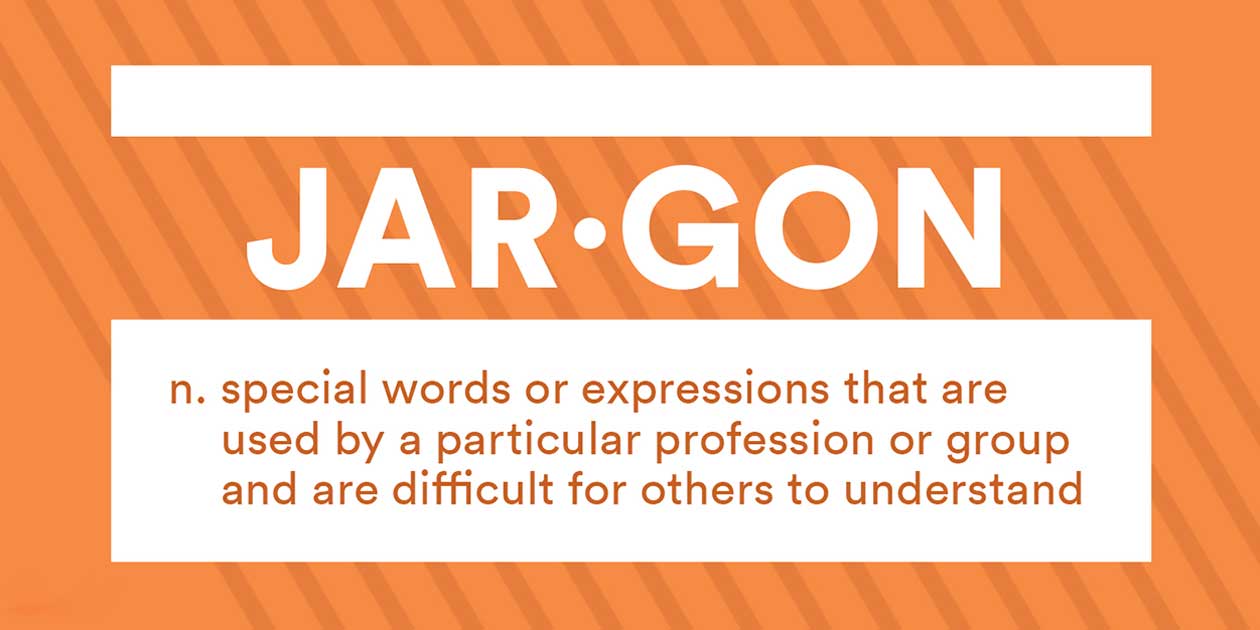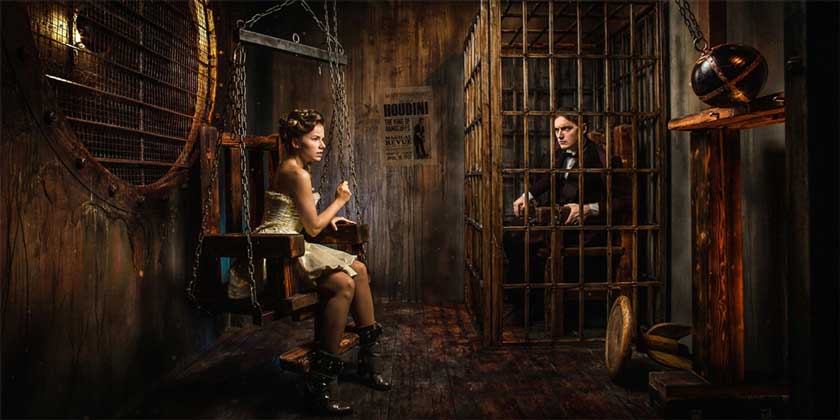
by Dgency
Escape rooms have only grown in popularity since their beginning nearly twenty years ago. Over its growth in the past decades, the escape room industry has developed its own phrases and lingos used within the industry. If you want to dive deeper into the escape room industry and speak the escape room language. Getting familiar with the specific escape room vocabulary is highly advised.
We′ve compiled a comprehensive glossary of the words, names, and expressions that every escape room employee or fanatic should know. The chronology is in ascending order from A to Z and has been categorized for your facilitation.
At All In Adventures, we have a variety of thrilling themes, such as Special Agent, Black Ops, and Zombie Apocalypse, that are perfect for creating an unforgettable team-building experience. Use our private rooms before or after the game, enjoy our catering options, or bring personal snacks. Conveniently located in malls, our escape rooms provide an excellent opportunity for a fun day out with your team while building strong relationships.
Now you can impress anyone in the escape room industry, or maybe you are searching for jobs in the escape room industry. Study this handy glossary, and you can soon be fully fluent in escape room lingo.
THE MOST COMMONLY USED ESCAPE ROOM TERMS

Bypass / Circumvent - (verb): to skip over an element in the game. It can either be intentional or unintentional. It can result from hints, lock exploitation, game design flaws, or faulty game resets.
Cipher / Cryptogram - (noun, singular): a text which is written in codes.
Clue - (noun, singular): detail within the game that the players should interpret and solve to escape. This term can be confusing as it sometimes refers to a hint.
Decor - (noun, singular): furnishing and decorating the escape room that provides ambiance. It is not to be confused with red herrings.
Escape Rate of Game - (noun, singular): the rate of success of all players for completing the room successfully. Generally, escape room difficulties are evaluated by this.
Escape Rate of the players - (noun, singular): players' personal pass/failure rate that lets you know their average success rate at escape rooms. It indicates how experienced a player is at escape rooms.
Escape Time - (noun, singular): how long a group took to escape the room or complete the mission.
Exit Game Review - (noun, singular): showing the room to players right after they've finished.

Game Clock - (noun, singular): the official countdown timer. It is frequently displayed within the game.
Guessing / Brute Force -(noun, singular): coming up with the last missing bit of information to open a lock or solve a puzzle by chance or at random.
Hint - (noun, singular): any additional information from outside gameplay delivered by the gamemaster or automated system to assist a team in progress. This concept can sometimes be called a clue.
Immersive - (adjectives): describes an escape room that creates such compelling fiction that players feel they are a part of it and forget their world outside the escape room.
Jump Scare - (noun, singular): a technique used in horror escape rooms and films to scare players by surprising them with sudden environmental change.

Key - (noun, singular): a small piece of metal with incisions cut to fit a particular lock that can be turned to open or close the lock.
Linear - (adjective): a game flow in which puzzles are chronological: one leads to the next, following each other in a straight line. An overly linear game flow limits the surprise factor, which can be predictable for players. Even when a game isn't linear overall, it might include both linear and non-linear elements.
Logic Leap - (noun, singular): a connection between a clue and a puzzle solution.
Malfunction or Breakage - (noun, singular): when something doesn't work as intended. It can be a structural, electrical, connection, or unknown issue.
Non-linear - (adjective): a game that does not follow a puzzle structure where each puzzle leads to the next. Multiple puzzles can be completed at a time, and different teams may tackle puzzles in different orders.
Outside Knowledge - (noun, singular): understanding derived from outside the game set that contributes to puzzle-solving within the escape room. What exactly falls into this category may be up for debate. e.g., Roman numerals (especially huge numbers).

Physical Force - (noun, singular): physical strength used to open things. It is usually in violation of game rules and may result in breakage. Note that some escape rooms may require physical force.
Production quality - (noun, singular): the quality of an escape room's production; how immersive, elaborate, creative, technologically advanced, etc.
Prop - (noun, singular): an item in the game that can be part of a puzzle or a clue.
Puzzle - (noun, singular): anything the team needs to solve to advance through the escape room.
Red Herring - (noun, singular): an item in-game or information that does not contribute to a puzzle solution but may lead players to waste time thinking it may be involved in the puzzle-solving process. It can be intentional or unintentional, resulting from wear, breakage, or vandalism.
Replayability - (noun, singular): whether a game can be played again by the same group or person.
Rescheduling - (verb): moving a game to another date, time, or both.

Reset - (verb): to revert any escape room to its starting position so a new team can begin. e.g., "I have to reset the room for the next team."
Reset error - (noun, singular): a mistake made while resetting the room.
Reset Fail - (noun, singular): a reset that is not done correctly and fails to restore all elements of the escape room to their proper starting positions can have a negative effect on the gameplay.
Resting Puzzle Face - (noun, singular): a focused expression while solving puzzles may be mistakenly perceived as dissatisfaction.
Rules - (noun, plural): the list of actions allowed and prohibited in the experience. Severely ignoring the rules often leads to the players at fault being removed from the game.
Skip (a puzzle) - (verb): when players must forgo a puzzle and move on to the next, usually due to malfunction or poor room design.
Spoiler - (noun, singular): a description of an essential part of an escape room; if previously known, it might reduce surprise or suspense for a first-time player.

Team - (noun, singular): the group of people you must play the escape room with, communicate and cooperate. These could be people you know and went with or strangers you were paired with.
Theme - (adjective): a concept or pre-existing idea that the game is built around, which is usually a large factor in immersion. Themes could be broad such as medieval or prison, or specific such as South Park or Al Capone.
Vandalism - (noun, singular): intentional damage done to a room.
Walkthrough - (noun): after completing an escape room game (whether won or lost), a review provided by the gamemaster assesses the puzzles and game progression.











